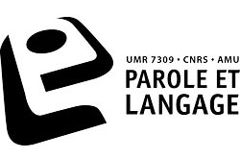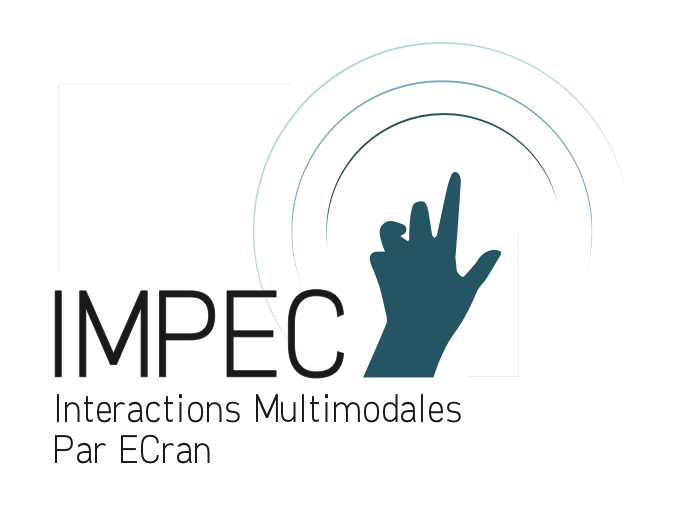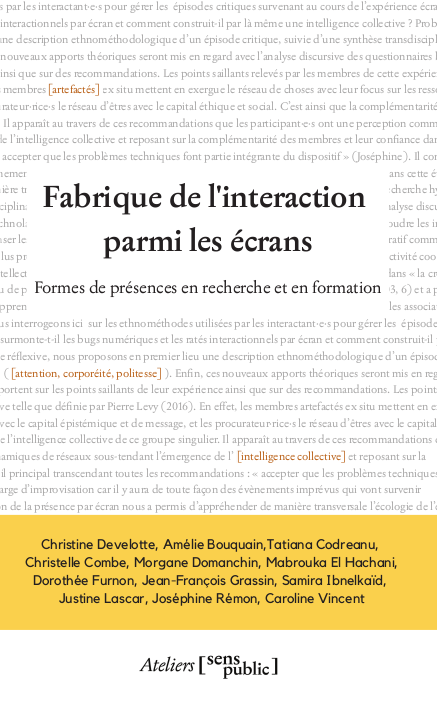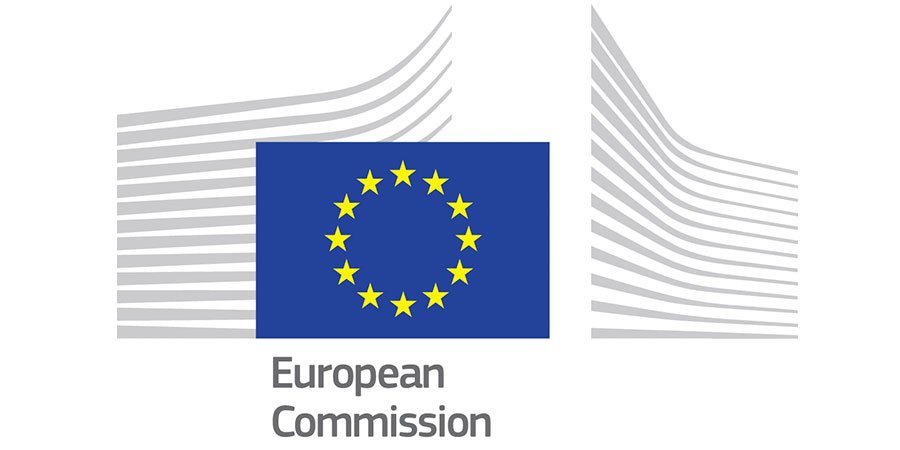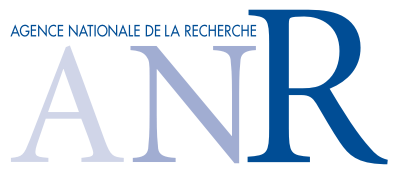Project Erasmus+ PENSA (2021)
Coordinator: Marco Cappellini (LPL/AMU)
The project "Pour une Professionnalisation des Enseignants utilisant le Numérique pour un Soutien à l’Autonomie et à la citoyenneté (PENSA)" adresses two current issues in higher education and society. The first one is the need for training and infrastructure to deliver blended, distant and/or co-modal (i.e. in-class teaching simultaneously streamed to online students) teaching during the pandemic. During the national lockdowns and when delivering co-modal teaching, teachers often turned to mainstream online platforms such as Zoom without being aware of the economic model of such platforms in terms of treatment of personal data. Moreover, some teachers reproduced face-to-face frontal approaches online, without considering the potentialities of blended learning to centre education on the student combining asynchronous individual activities and synchronous collaborative ones, in addition to frontal lecturing. The second issue is the need to educate youngsters to the implications in the use of social networking websites (Facebook, Youtube, etc.) at the psychological, sociological, economical, and ideological levels. In fact, the deployment of these platforms was accompanied by discourses of emancipation, were users were able to express and exchange their ideas online, thus generating more public dialogue. The reality shows a different picture, characterised, among others, by hate speech and racism, the raise of populism, echo chambers and sometimes illegal surveillance. Hence the need to raise students’ awareness about the logics embedded in those platforms.
The PENSA project addresses these issues with an overall approach of openness, both in the direction of open education and open source platforms. The core of the project is constituted by 30 teachers and teacher trainers in seven universities, mostly part of the CIVIS European University, one academic association and a firm. During the project, we aim at providing training for these teachers and to reach 100 supplementary teachers with local training events. Teachers will be trained to integrate blended and co-modal teaching in their classes, with the integration of telecollaboration and virtual exchange on topics related to digital citizenship. The core group will implement virtual exchange adopting either the pedagogy of inquiry, or a collaborative creative writing approach. Through these actions, PENSA will involve 400 students across Europe in developing their digital competence, plurilingual competence, collaborative skills, and learner autonomy.
The intellectual outputs of the PENSA project will be: a literature review on teacher training for the integration of ICTs and for education to digital citizenship; an open course for teacher training for the pedagogic activities described above; two sets of open educational resources to implement virtual exchange adopting either the pedagogy of inquiry or collaborative creative writing; open source functionalities for open source platforms for teaching and training, such as Moodle, BigBlueButton and Mahara, to make those platforms more interoperable and to adapt them to co-modal teaching.
The estimated results will be an increased digital readiness in higher education, a contribution to sustainable internationalisation providing guidelines to stakeholders for increasing virtual exchange and virtual mobility, and above all the contribution to a culture of openness both among teachers for open education, and among students for open digital citizenship, reducing the part of commercial platforms in higher education.
